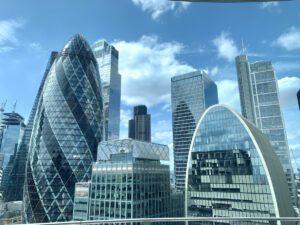No time restriction on competence of the UPC
The UPC now has confirmed authority over pre-UPCA infringements, even during opt-out periods. This landmark decision reshapes jurisdiction expectations.
Subscribe to our insights here so you can keep on top of the latest IP developments and updates.

The UPC now has confirmed authority over pre-UPCA infringements, even during opt-out periods. This landmark decision reshapes jurisdiction expectations.

As UK green tech patents surge, a talent gap threatens progress. Boult helps innovators protect ideas, access funding, and turn sustainable vision into reality with smart IP strategies.

This part of our green tech funding series covers the UK Patent Box—a scheme offering 10% corporation tax on profits from patented IP. Learn eligibility, timing, income types, and R&D credit links.

INTA 2026 is coming to London. We've produced a handy guide to help you with your planning including where to stay and eat.

This Social Mobility Day, Boult highlights its inclusive recruitment efforts with Rare Recruitment and The Sutton Trust—opening career paths in IP for talented individuals from all backgrounds.

Boult partners Emma Pitcher, Catherine Wolfe and Tony Pluckrose have been recognised in WTR Global Leaders 2025.

Boult’s partnership team has been well-represented as part of the 2025 edition of IP Stars.

Boult ranked as a tier one firm for trade mark prosecution by MIP IP stars 2025 and partner Rachel Conroy listed in the top 250 women in IP.